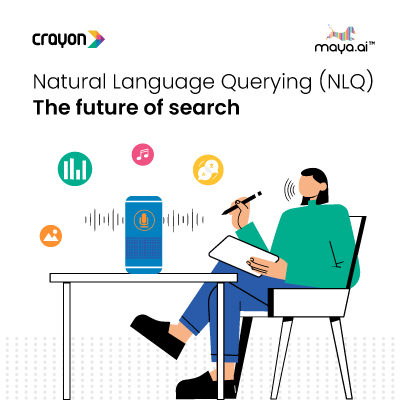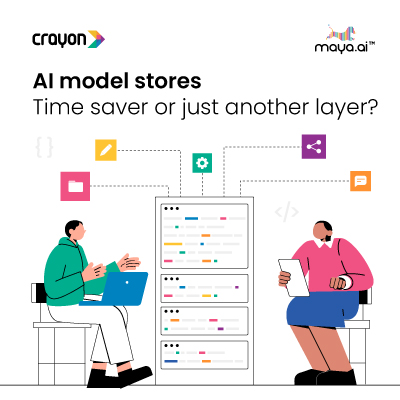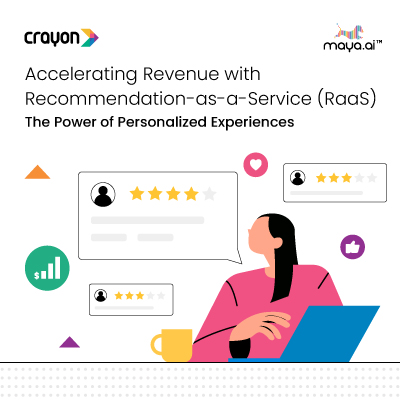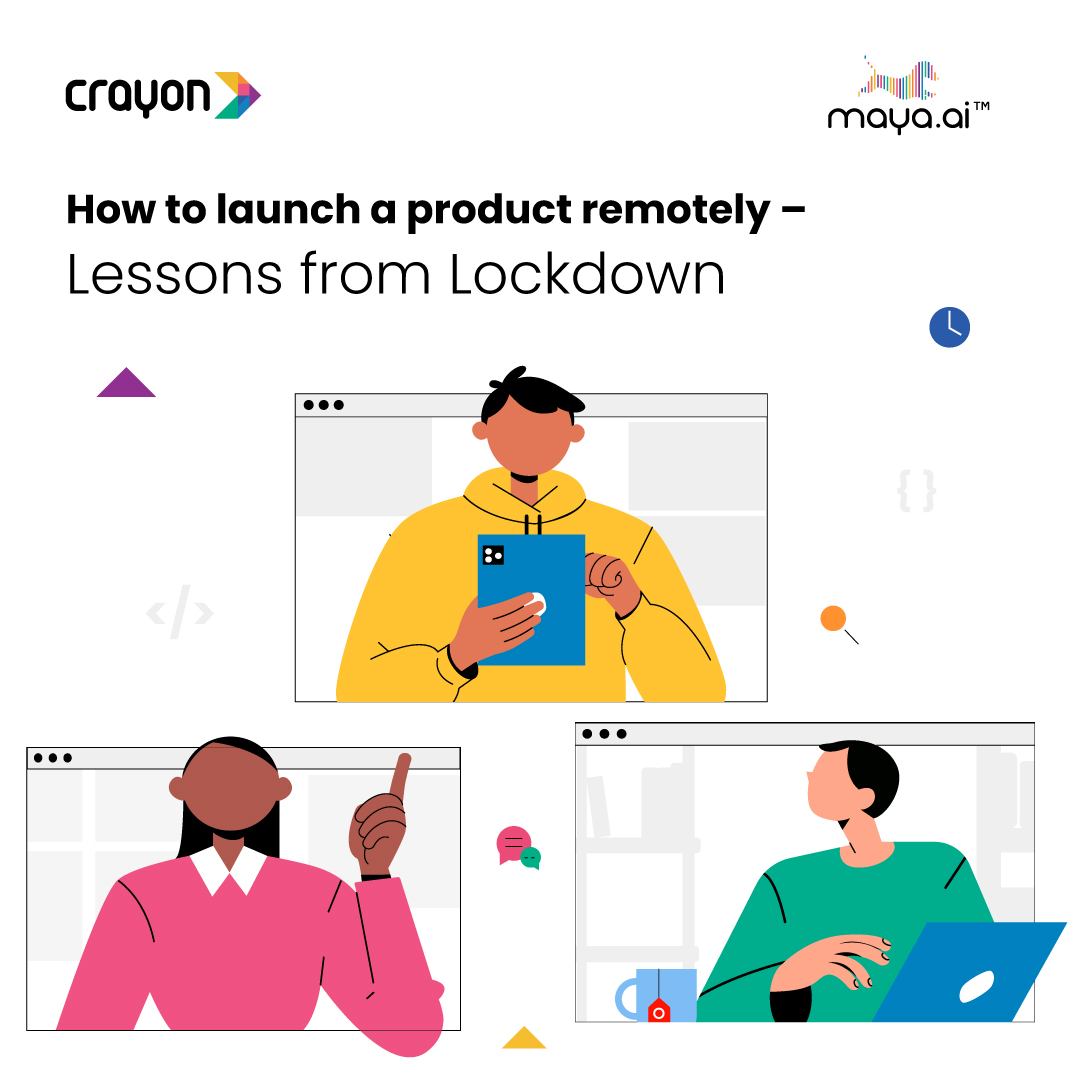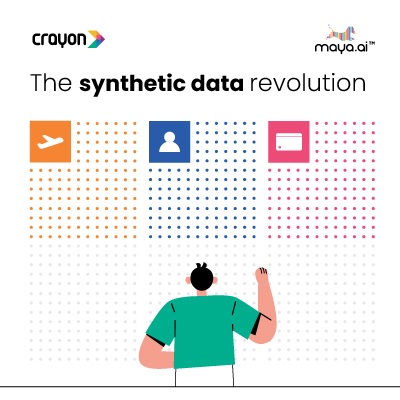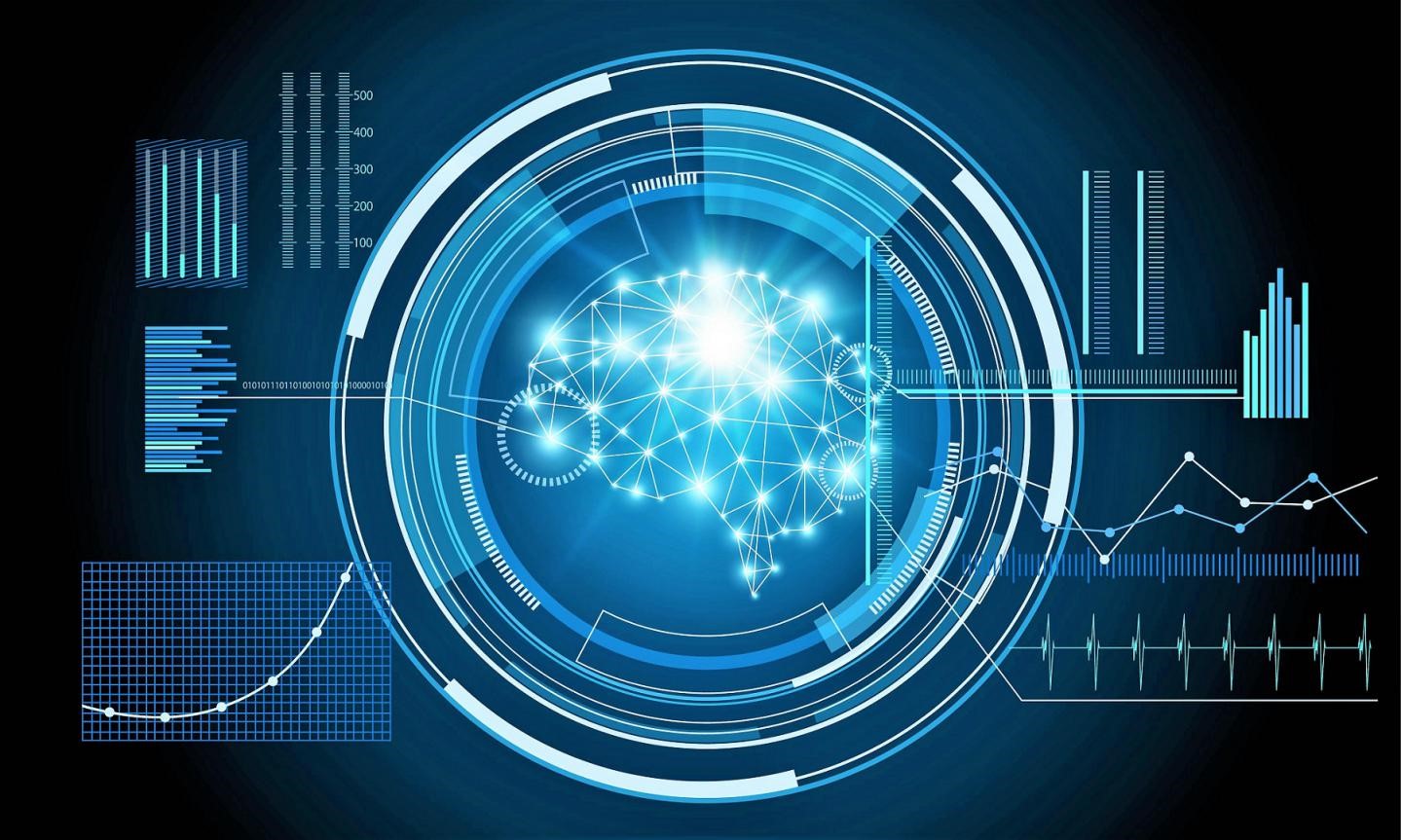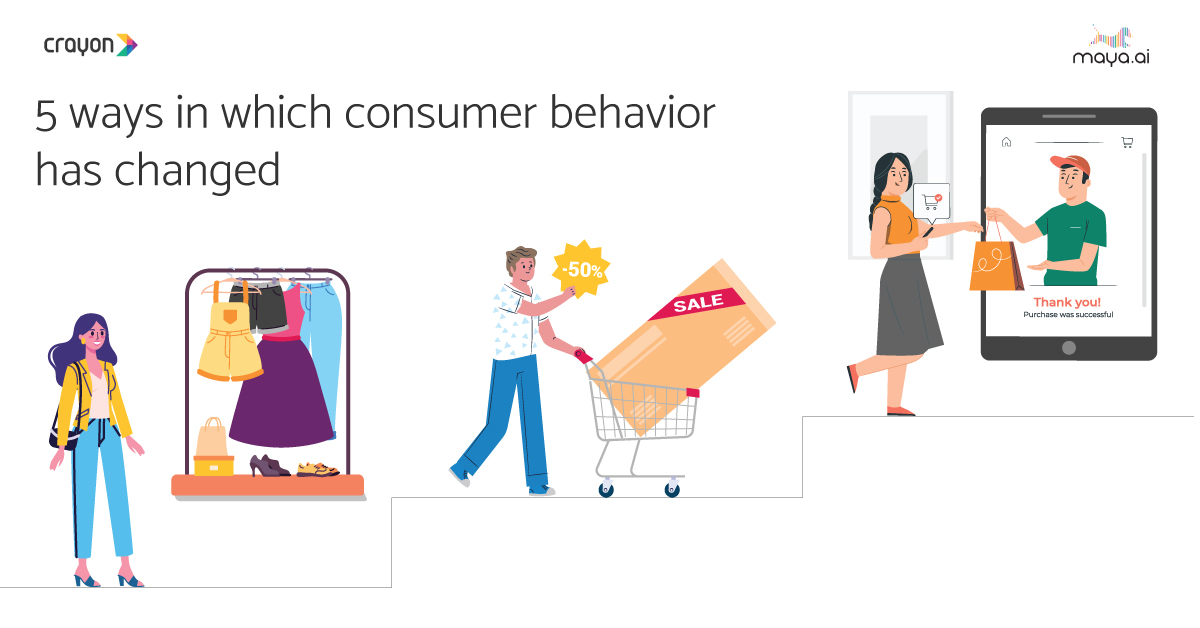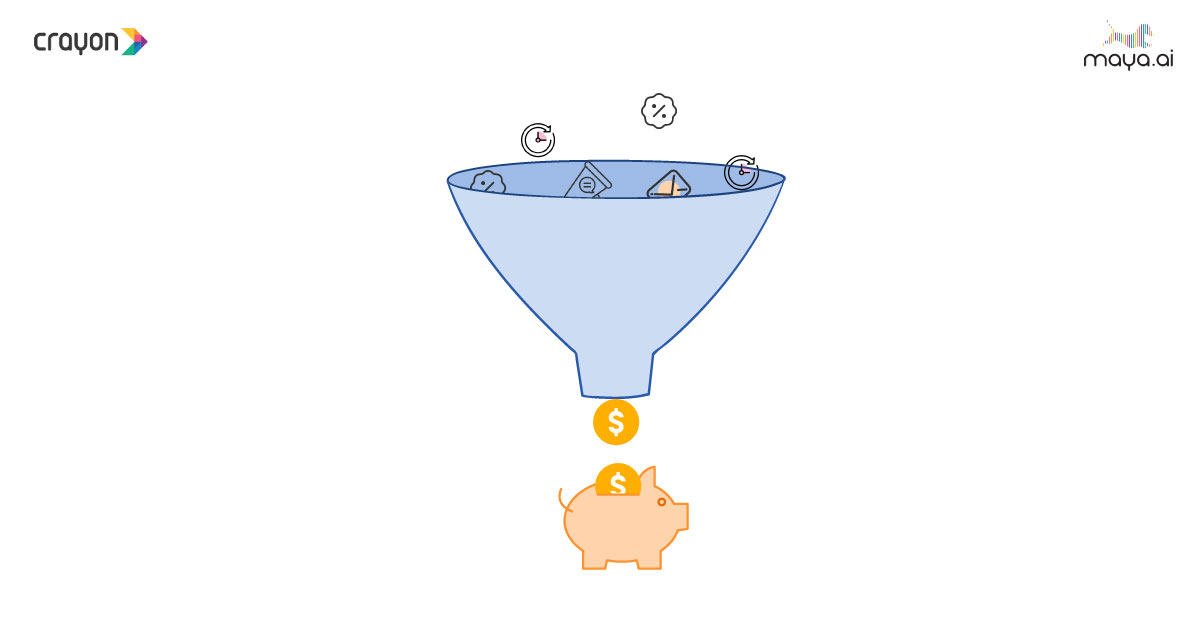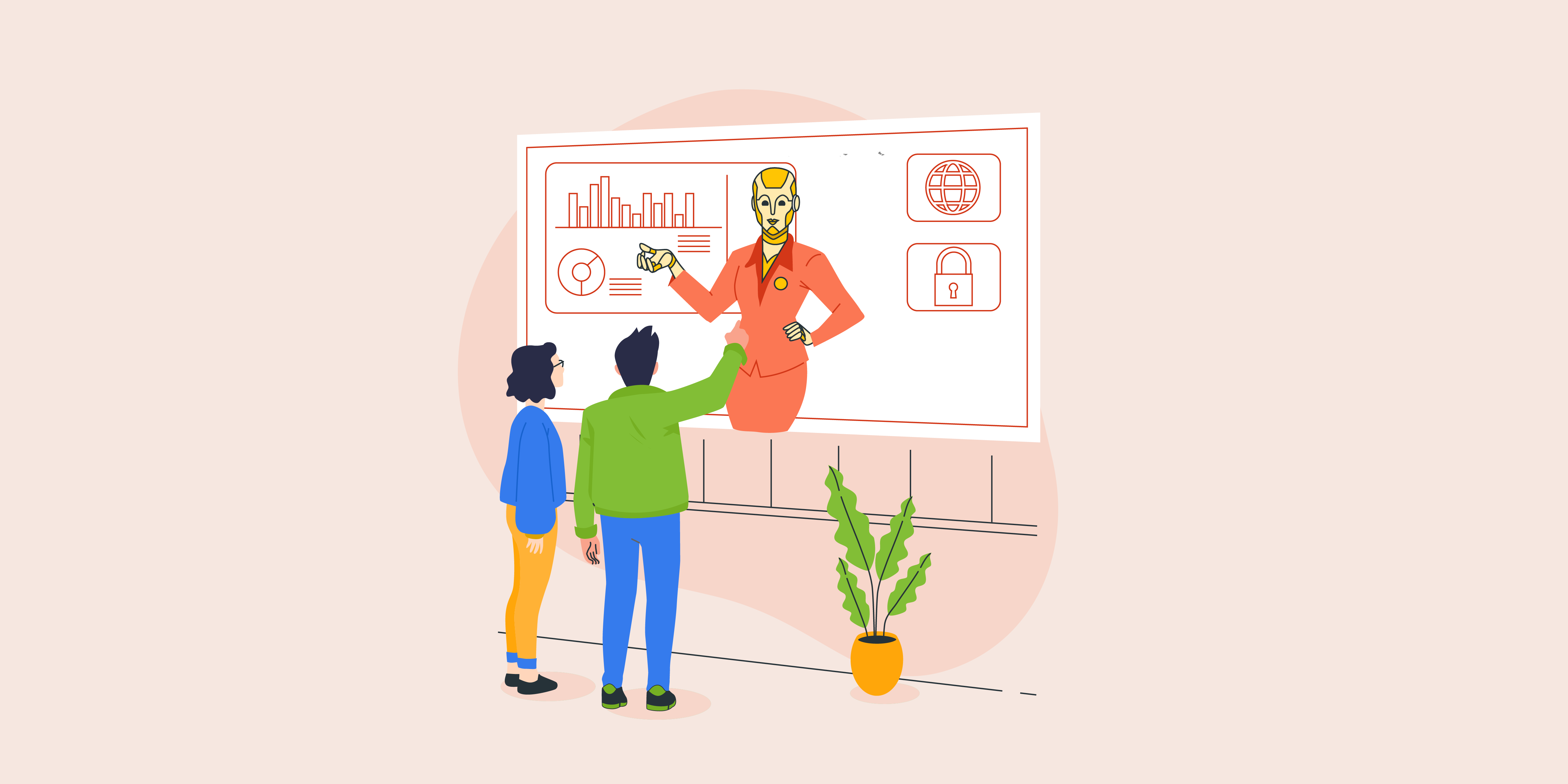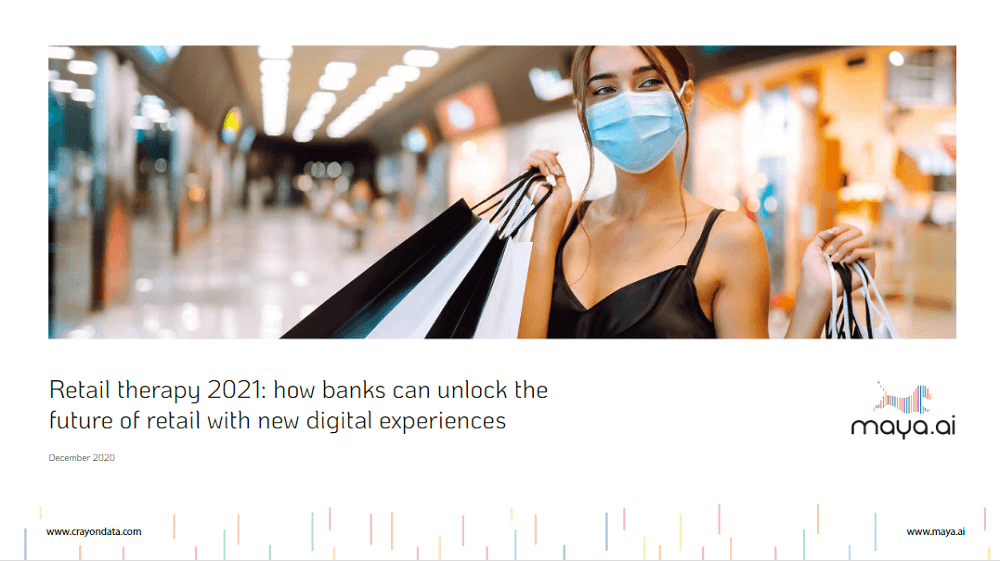Today, there are an end-number of job roles that didn’t exist in the job market a decade back. And, chances are that in future there will be many more careers that we cannot fathom today. Such is the nature of the landscape of work which is continuously being shaped by technological advancements. One such technology is AI, that promise to transform the entire axel of workplace.
On one side of the spectrum, there are people who are ready to herald in the opportunities that AI could create while at the other end there are people who are quite pessimistic about what it can unleash. In spite of this, there is a general consensus on the wide scope of artificial intelligence which extends from automation of routine tasks to making complex decisions rapidly. In other words, the debate is not so much about the potential of the technology itself; it is more about the role of the people who will work alongside it. Either way, all specialists agree that AI is going to affect changes in the workplace for long.
What Optimists Feel About AI
A study conducted by Capgemini that examined 1000 companies, found that AI systems created new jobs in 80% of the organization where it was implemented. Supporting this finding, a recent report by Gartner predicts that AI will create 500,000 more jobs than it will oust in the next three years, opening a wide range of opportunities for medium & high skilled workers.
With the global economy gearing up to implement AI solutions, there is a need for low-skilled employees to learn, manage and work alongside this technology. Building these skills are necessary if they want to remain relevant in the increasingly automated world. Along with this, given the accelerated pace of technology there will be a demand for highly skilled professionals. This will lead to the formation of a workforce comprising of -as Gartner says it- adaptable people who job roles will be transformed, re-imagined and enriched by the technology they are working alongside.
Some of the job roles that will be made possible by AI in the coming years are
AI Trainers/Specialists
A study by Chinese IT giant Tencent found that globally there are only 300,000 AI practitioners and researchers. This highlights the shortage of AI-skilled professionals. MNC’s like Facebook, Infosys & Wipro are in the process of re-skilling employees in next-gen tech like AI, VR & AR, analytics and self-driving car engineering. All this points to the remarkable potential of AI that enterprises want to leverage. Parallely this demand has sparked the need for AI experts & trainers who can navigate professionals through this technology.
AI Translators
This job role is similar to that of a Business Requirement Analyst. An AI translator is required to make clear the black box function of an algorithm as well as explain to non-tech professionals and clients how a certain conclusion is reached. Essentially, they act to bridge the knowledge gap by relating to the product team the requirements of the client. Usually in small AI startups role is donned up by one of the co-founders who handle the sales side of the enterprise. However, as the company grows, AI translators will be required who are fluent with complicated algorithms who can explain the results to the clients. Regardless to say, the role of a translator will become integral to the success of the enterprise.
AI Lobbyist
Given the fact that AI is going to define future, it is obvious that there will be a need for countries/governments to appoint a AI lobbyist in order to present their respective state/country as the most viable destination for AI investment. With the recent advances in technology, governments all across face undue pressure to create jobs and as well as to deliver education that creates talent to meet the demand for skilled talent who are able to handle technology. An AI Lobbyist will be detrimental in attracting potential companies which will lead to employment opportunities.
Lawyers familiar with new regulatory laws
Emergence of AI will parallely give rise to new regulations and laws. Already companies like Microsoft are working to come up with laws relating to AI governance, protection of the rights of the workers and implement them into practice. As it is evident, time is ripe for lawyers who can assist enterprises in this effort.
Downside of AI
A study conducted by Gallup found that 37% of Millennials are the most vulnerable to the threat of redundancy posed by AI. Another study by McKinsey predicts that by 2055, half of today’s work activities will be automated. The job security of older generation is due to the fact that they occupy senior positions in the organization. It is relatively easier to replace someone in the infancy of their career rather than replace senior executives & decision makers. Moreover, it is the senior workforce who will be driving AI implementation in the first place and they are unlikely to replace themselves.
Key takeaway
AI is still in its nascent stage, it hasn’t yet reached the point of mass adoption. This makes it difficult to exactly predict the extent to which it will transform the workplace in the years to come. The most likely scenario is an economy that prizes well trained, adaptable and highly skilled employees who are able to work alongside intelligent machines powered by AI. That future will see a large section of low-skilled workers being displaced as their skills will be made redundant.


